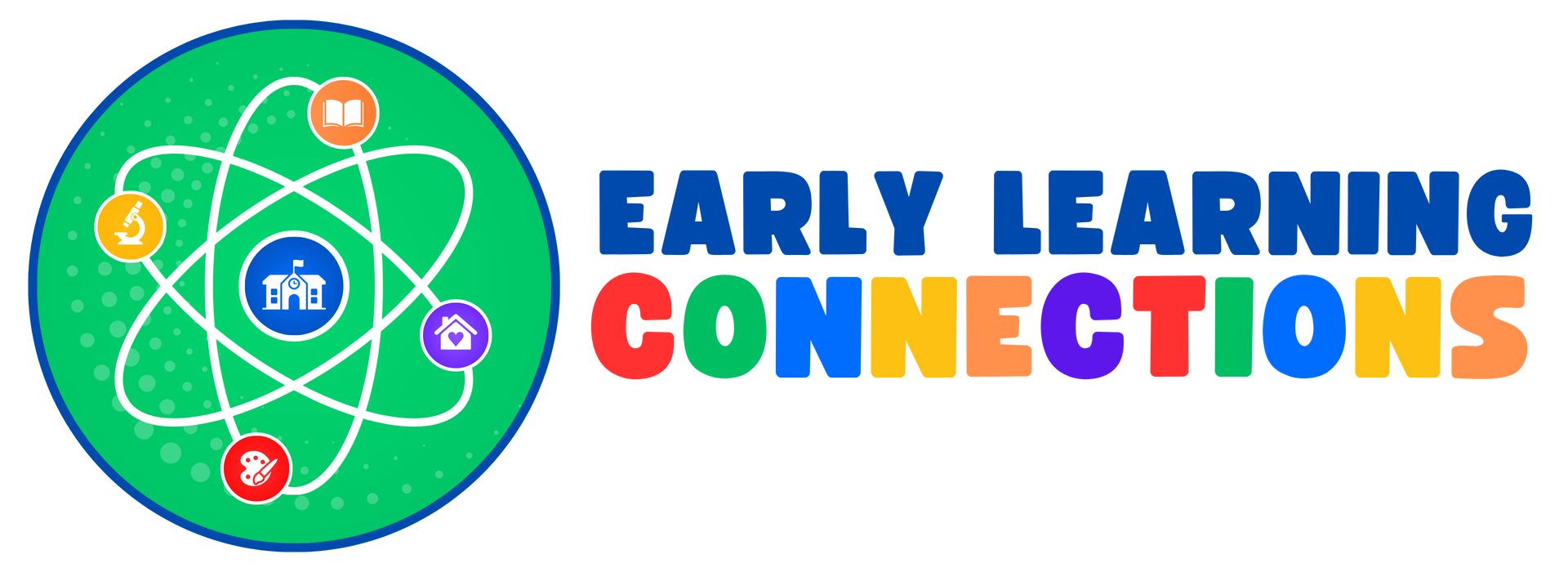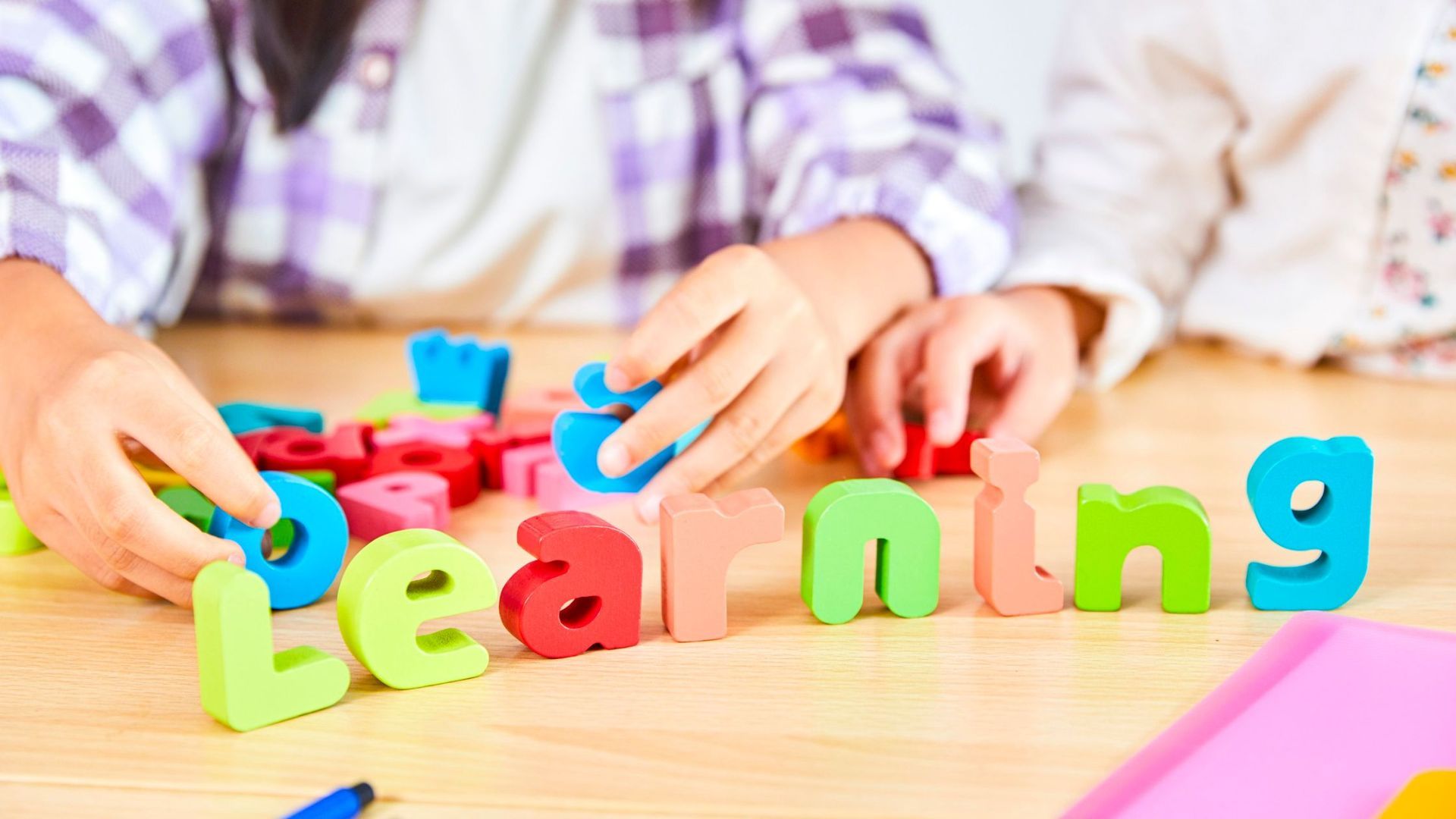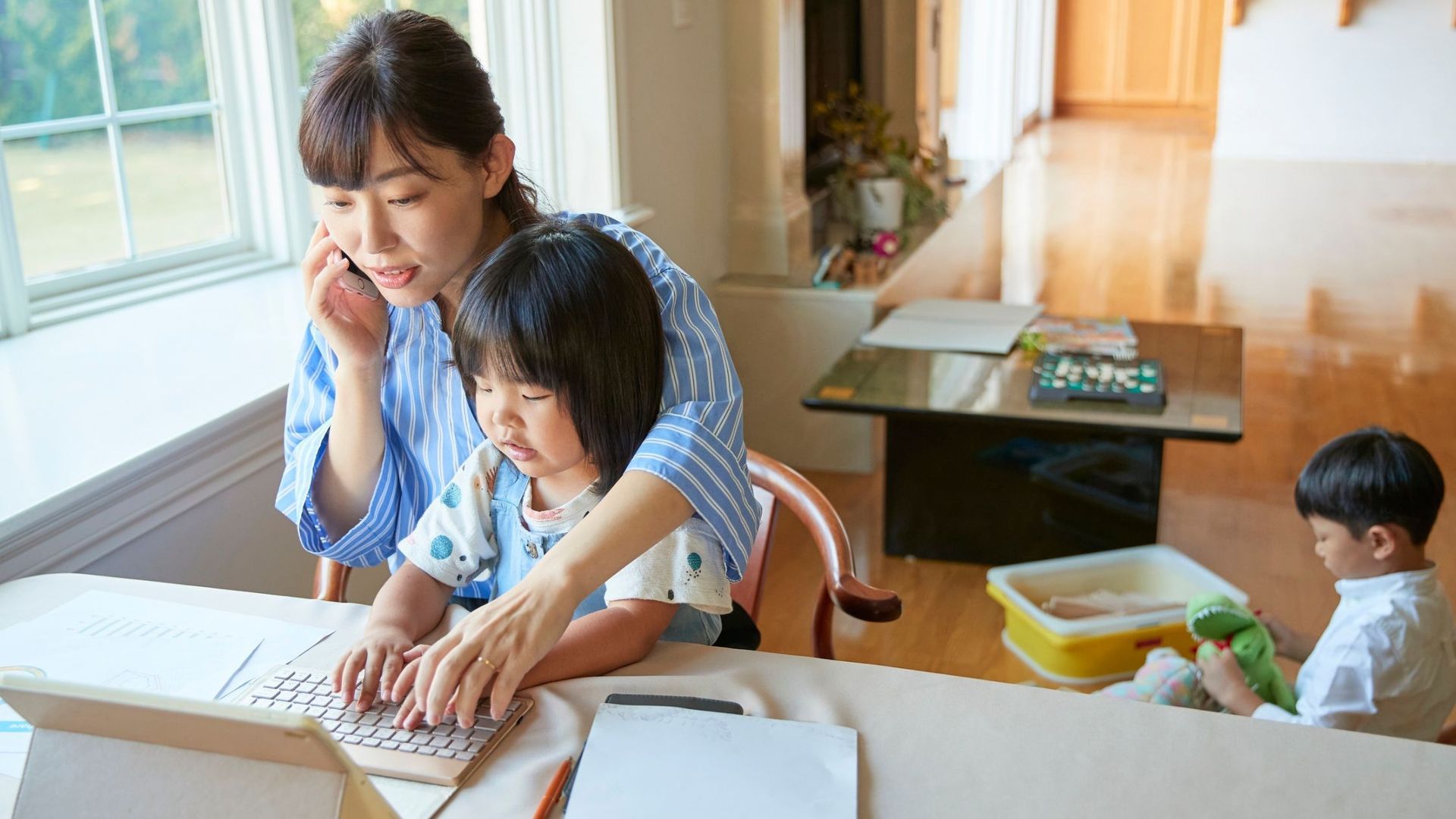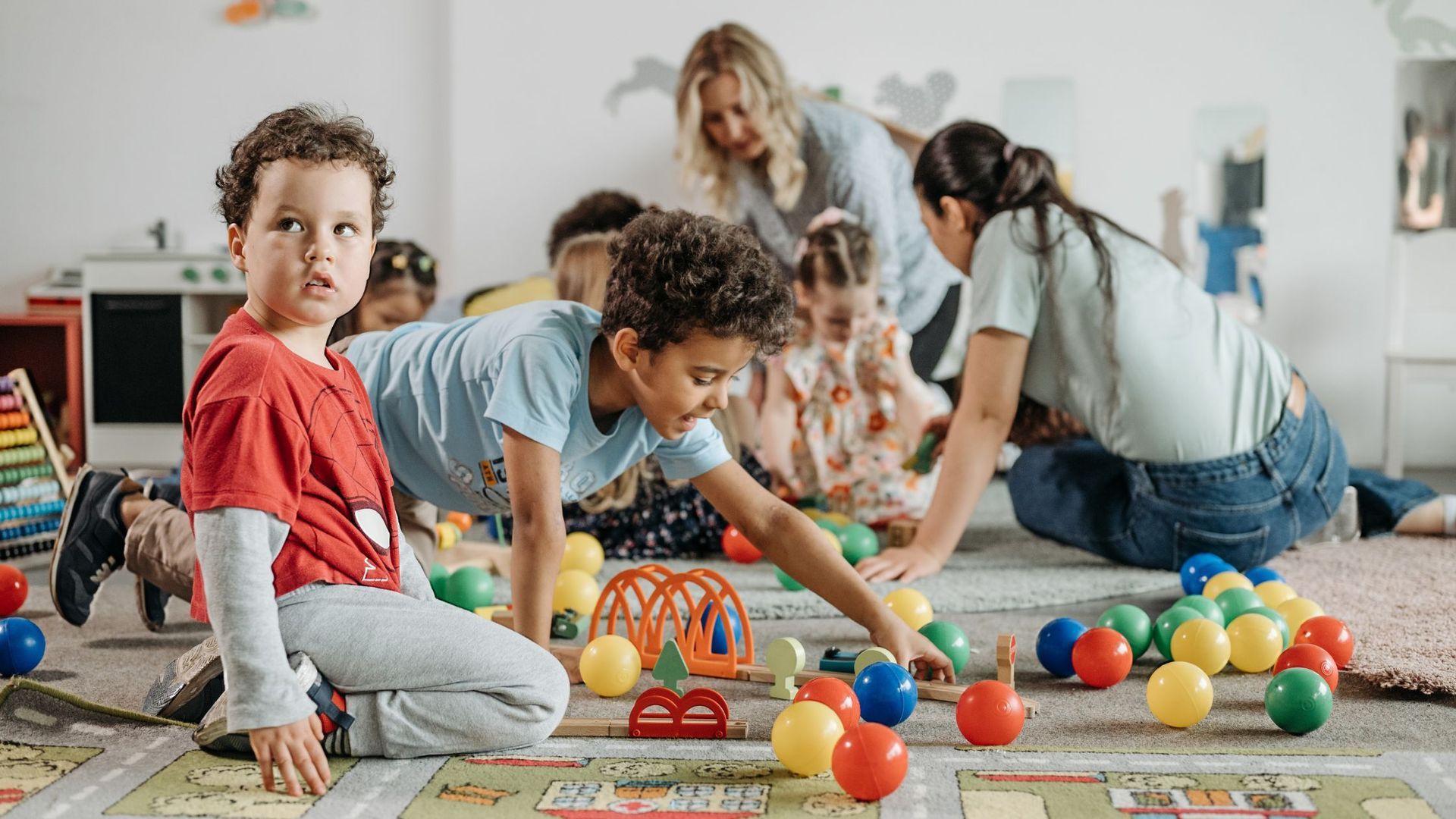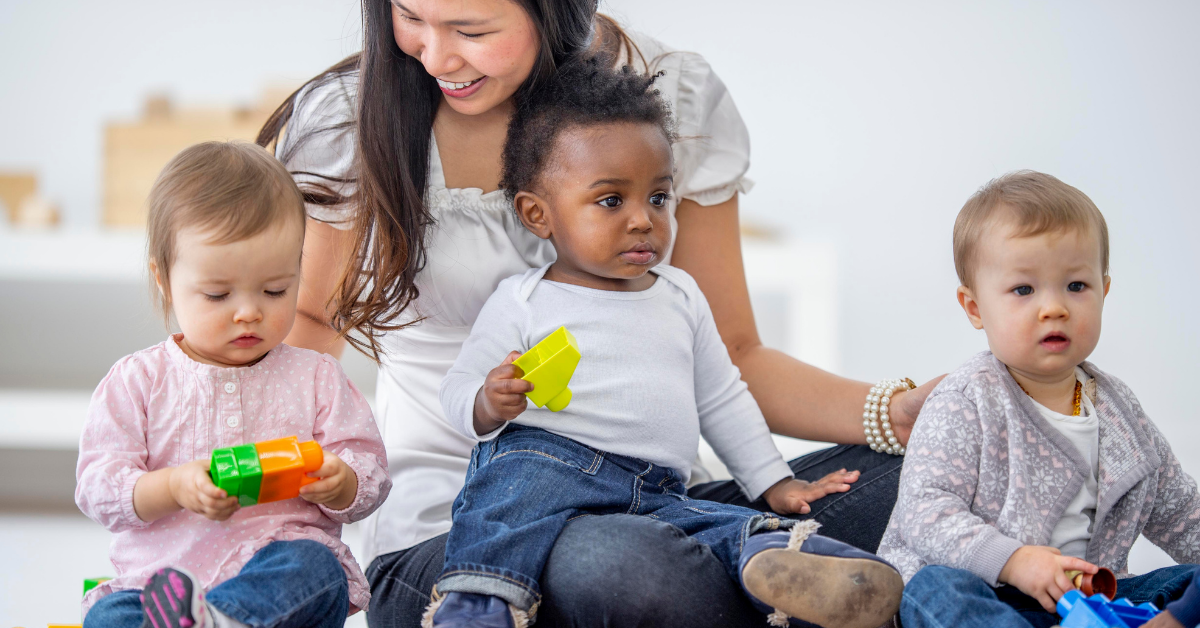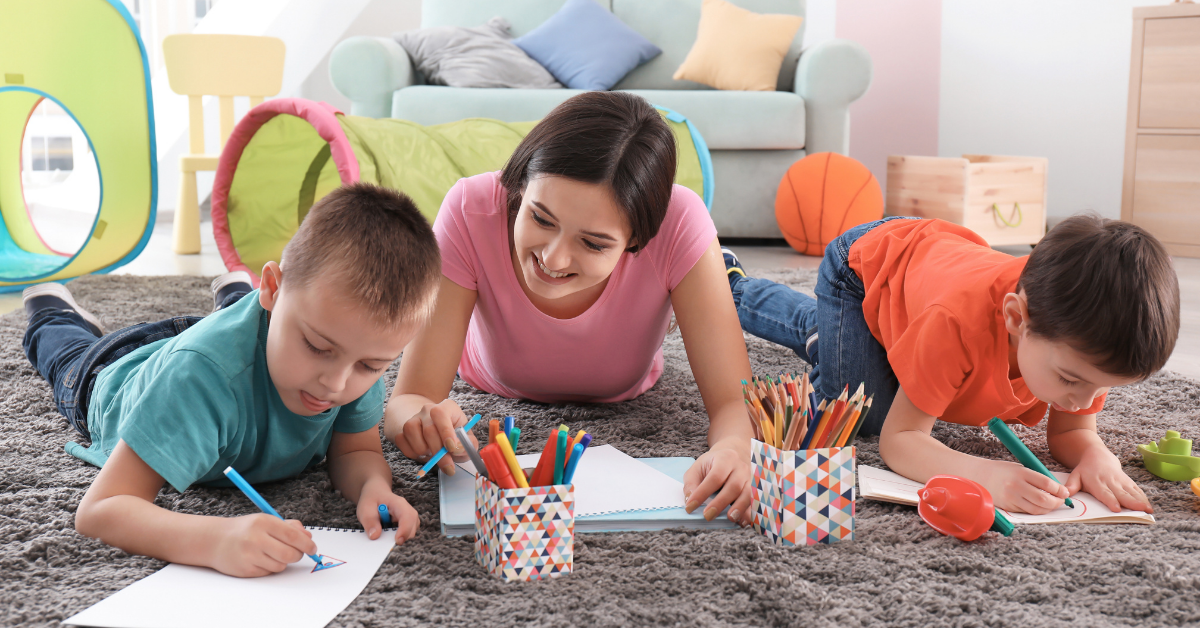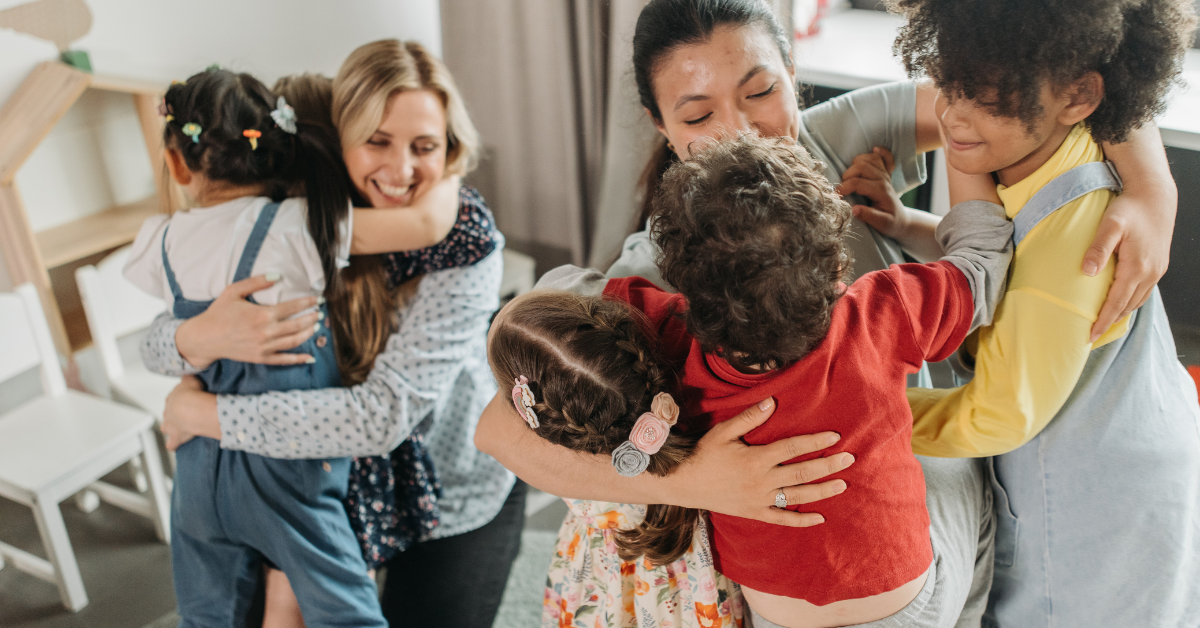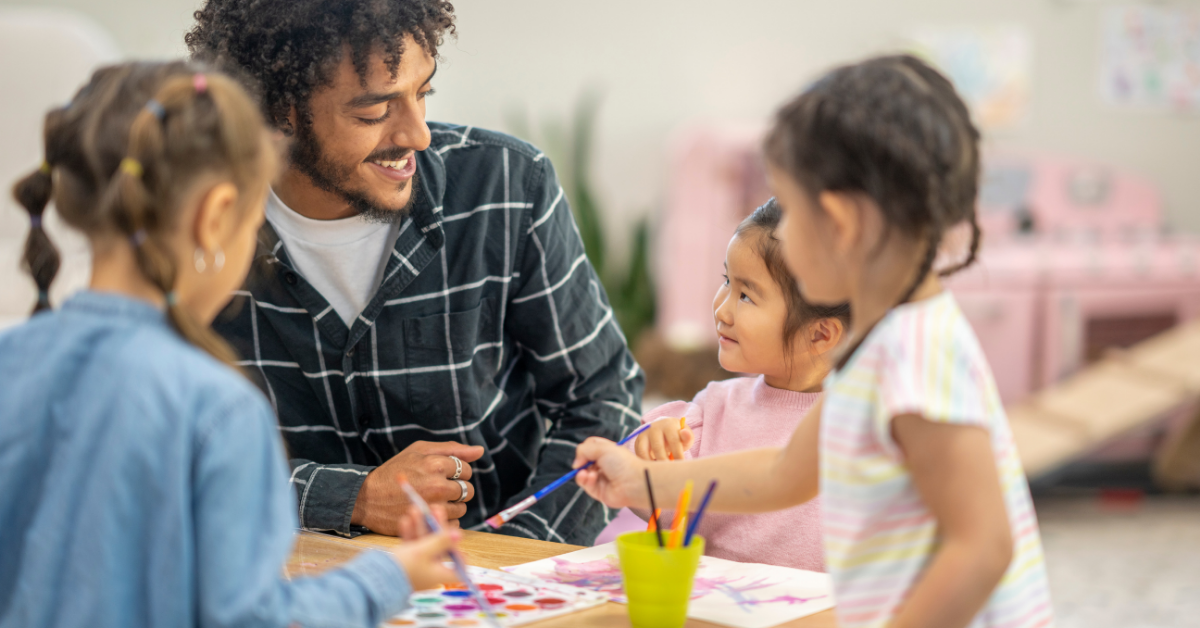How Multilingual Environments Benefit Early Learners

In today’s increasingly globalized world, the ability to communicate in more than one language has become an invaluable skill. For young children, growing up in a multilingual environment can offer far more than just the ability to speak multiple languages. Research shows that multilingual environments have profound benefits for cognitive development, language skills, and cultural awareness. By nurturing bilingualism or multilingualism from an early age, children can build a solid foundation for future learning and success in an interconnected world. In this post, we’ll explore the many benefits of multilingual environments for early learners and share simple ways to encourage bilingual learning at home and school.
Cognitive Benefits of Multilingualism
One of the most remarkable advantages of being exposed to multiple languages at a young age is the impact on cognitive development. Research has shown that children who grow up in multilingual environments tend to have stronger executive function skills, including problem-solving, critical thinking, attention control, and multitasking abilities. These cognitive skills are essential for academic success and can contribute to higher performance in school.
Being bilingual or multilingual requires the brain to work harder in processing information, switching between languages, and making sense of different linguistic structures. This mental exercise strengthens the brain’s cognitive functions, much like how physical exercise strengthens muscles. As a result, multilingual children often perform better on tasks that require concentration, memory, and flexibility.
Moreover, multilingual environments enhance a child’s ability to focus on relevant information and ignore distractions. For example, bilingual children are better at filtering out unnecessary details in a conversation or task, which improves their overall cognitive efficiency. This skill is essential not only for learning in school but also for life outside the classroom, where the ability to stay focused and adaptable is crucial.
Language Development and Communication Skills
A common misconception is that exposing a child to multiple languages may confuse them or delay their language development. In reality, the opposite is true. Studies have shown that children who grow up in multilingual environments often have stronger language skills overall. While they may take slightly longer to speak their first words compared to monolingual children, their vocabulary and understanding of language are more advanced as they grow older.
The exposure to different languages helps children develop a deep understanding of language structure, such as grammar, syntax, and phonetics. Multilingual children learn to differentiate between sounds, words, and sentence structures in various languages, which improves their overall linguistic abilities. This heightened awareness of language helps them acquire new languages more easily in the future, as they develop a natural sensitivity to different sounds and rules of communication.
Additionally, children in multilingual environments are more adept at learning and using different forms of communication. They can express themselves more clearly in various settings, whether they’re speaking to family members, peers, or teachers. The ability to communicate in multiple languages enhances their social skills and allows them to engage more deeply with diverse communities.
Enhanced Cultural Awareness
Multilingualism is closely tied to cultural awareness, an important skill for young learners to develop in today’s interconnected world. When children are exposed to different languages, they are also introduced to different cultures, traditions, and ways of thinking. This broadens their perspective and helps them develop an appreciation for diversity.
Growing up in a multilingual environment encourages children to see the world from multiple viewpoints. They become more empathetic and open-minded as they understand that different cultures have their own values, practices, and ways of interpreting the world. This cultural awareness not only enriches a child’s life but also equips them with the social and emotional tools needed to navigate an increasingly diverse society.
Additionally, multilingual children are more likely to form meaningful connections with people from different backgrounds. By speaking multiple languages, they are able to engage with a wider range of people, fostering cross-cultural friendships and improving their social networks. This connection to different cultures fosters a sense of belonging and understanding that will serve them well in an increasingly globalized world.
Academic Success and Future Opportunities
In a multilingual environment, children tend to perform better academically across a range of subjects. Bilingual or multilingual children often show superior problem-solving abilities, creative thinking, and critical reasoning skills. These enhanced cognitive abilities help them excel in math, science, reading, and writing, as they can approach tasks from different angles and apply their knowledge in various contexts.
Moreover, being bilingual or multilingual opens doors to a wide range of future opportunities. In a world where many employers value multilingual employees, children who are fluent in more than one language will have a significant advantage in the global job market. Whether they pursue careers in business, diplomacy, education, or technology, the ability to speak multiple languages is a highly sought-after skill.
Multilingualism also increases a child’s adaptability and resilience. Being able to navigate multiple languages and cultures allows them to thrive in diverse environments, whether in their community, at school, or in international settings. This adaptability is essential in an ever-changing world, where the ability to communicate and collaborate across cultures is becoming increasingly important.
Simple Ways to Encourage Bilingual Learning
Encouraging bilingual or multilingual learning at home and in early childhood settings doesn’t have to be overwhelming or complicated. Here are some simple ways to foster language development and cultural awareness:
- Create a Language-Rich Environment: Surround your child with language by speaking multiple languages at home, listening to music, reading books, and watching age-appropriate TV shows in different languages. The more exposure a child has to language, the more they’ll absorb it.
- Consistent Language Exposure: If you and your partner speak different languages, consider designating specific times or spaces for each language. For example, one parent might speak only one language at home, while the other speaks another. Consistency helps children differentiate between languages and strengthens their understanding of both.
- Play and Social Interaction: Play is a natural way for young children to learn. Play games, sing songs, and engage in activities that involve both languages. Social interaction with peers who speak different languages can also enhance language skills and cultural understanding.
- Read Together: Reading is one of the most effective ways to expose children to new vocabulary and language structures. Choose bilingual books or books in different languages to help your child build their language skills while enjoying the process of storytelling.
- Travel or Explore Different Cultures: If possible, travel to regions where the languages you are teaching your child are spoken. Visiting different countries or participating in cultural activities will deepen their connection to the language and its cultural context.
Reading aloud to children daily not only strengthens their language skills but also enhances their cognitive and emotional development—discover more about its benefits here.
For parents raising bilingual children, choosing the right childcare center is crucial in supporting language development and cultural exposure—learn what to look for here
.
Conclusion
Growing up in a multilingual environment offers children a wealth of benefits that extend far beyond the ability to speak multiple languages. Multilingualism boosts cognitive development, enhances language skills, fosters cultural awareness, and opens doors to future academic and career success. Encouraging bilingual or multilingual learning from an early age is one of the most valuable gifts parents can give their children, providing them with lifelong advantages in today’s diverse and interconnected world.
By creating a rich, supportive environment for language development, parents and educators can ensure that young learners are equipped with the skills they need to thrive in an increasingly globalized society. Whether through simple daily practices or more immersive experiences, there are countless ways to nurture a child’s language skills and foster a love of learning that will last a lifetime.
